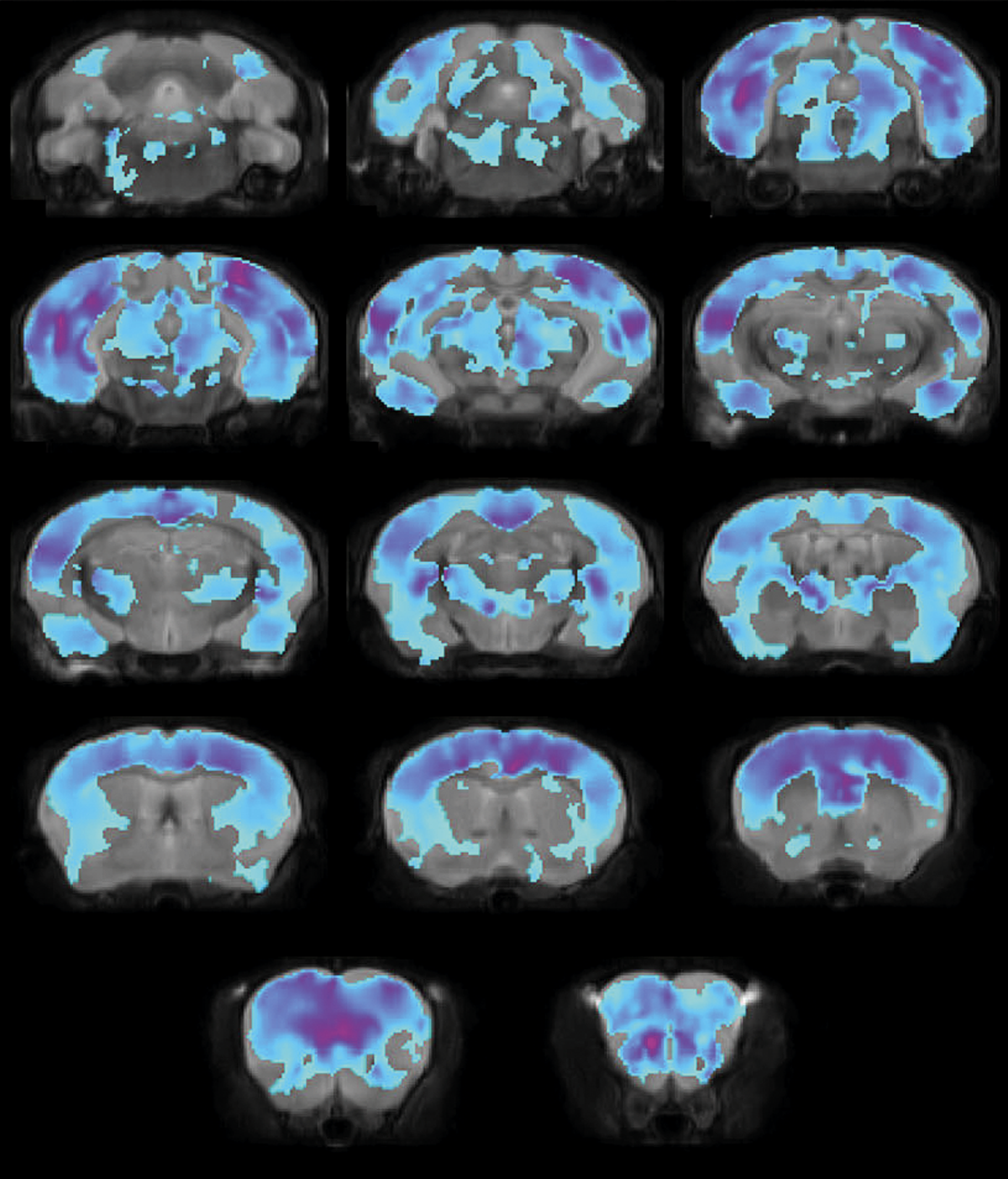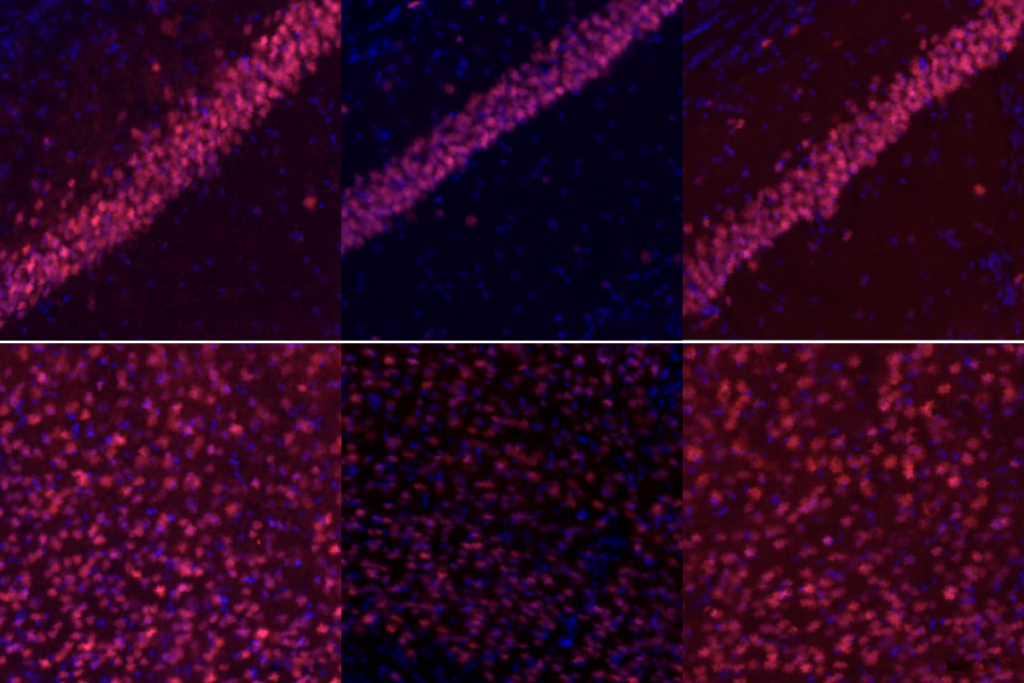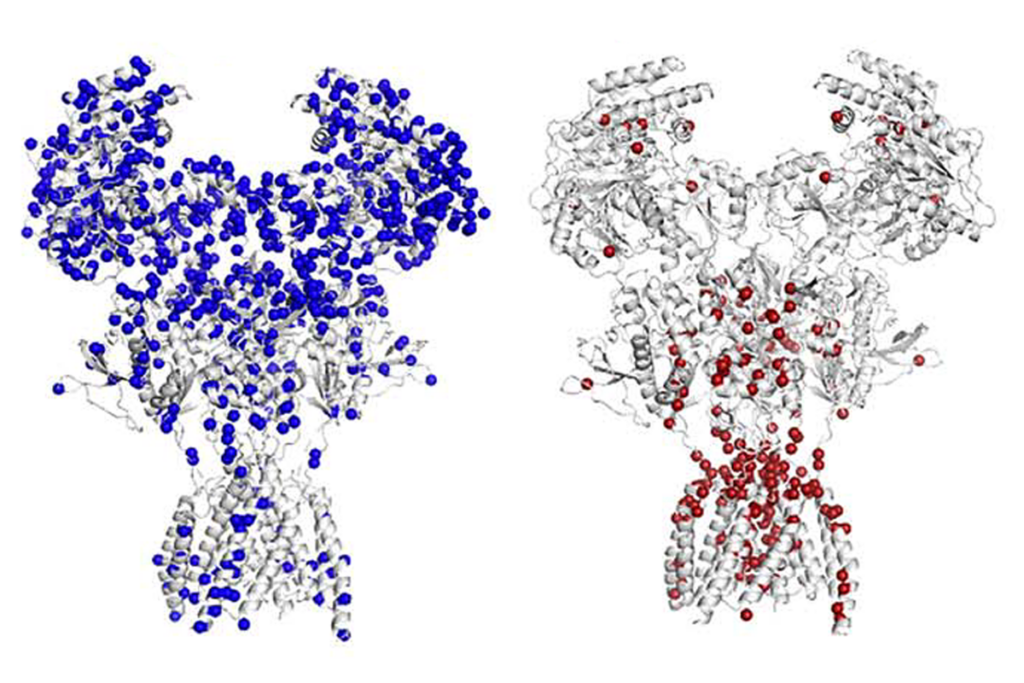No simple highway: Longitudinal studies are valuable in describing the life trajectories of autistic people, yet they carry inherent challenges that lead to gaps in research, according to a working group of scientists and advocates. A new paper details potential solutions, such as inviting input from the autism community, encouraging interdisciplinary research teams, enhancing diversity in study participants, validating measures with greater rigor and fostering future replication of findings. Attention to these matters, the authors assert, should improve the quality of longitudinal research and better serve the needs of autistic people. Autism
More autism research we spotted:
-
- “Multimodal analyses reveal genes driving electrophysiological maturation of neurons in the primate prefrontal cortex” Neuron
- “Genomic diversity in functionally relevant genes modifies neurodevelopmental versus neoplastic risks in individuals with germline PTEN variants” NPJ Genomic Medicine
- “Atypical antipsychotics for autism spectrum disorder: A network meta-analysis” Cochrane Database of Systematic Reviews
See also: “How aripiprazole’s promise for treating autism fell short” - “Possible role of mosaic mutations of neurodevelopmental disorder-related genes in bipolar disorder: Lessons from KMT2C chimeric heterozygous knockout mice” Neuroscience Research
- “Duplication of the autism-related gene CHD8 leads to behavioral hyperactivity and neurodevelopmental defects in mice” Nature Communications






